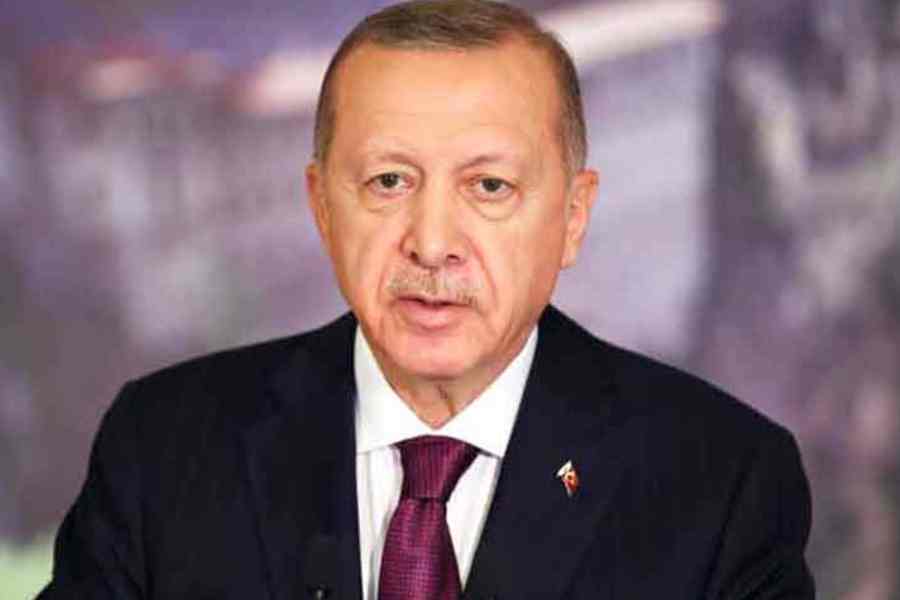Turkey’s presidential election appeared on Sunday to be headed for a runoff after the incumbent, Recep Tayyip Erdogan, failed to win a majority of the vote, a result that left the longtime leader struggling to stave off the toughest political challenge of his career.
The outcome of the vote set the stage for a two-week battle between Erdogan and Kemal Kilicdaroglu, the Opposition leader, to secure victory in a May 28 runoff that may reshape Turkey’s political landscape.
With the unofficial count nearly completed, Erdogan received 49.4 per cent of the vote to Kilicdaroglu’s 44.8 per cent, according to the state-run Anadolu news agency.
But both sides claimed to be ahead.
“Although the final results are not in yet, we are leading by far,” Erdogan told supporters gathered outside his party’s headquarters in Ankara, the capital.
Speaking at his own party’s headquarters, Kilicdaroglu said the vote would express the “nation’s will.” He said, “We are here until each and every vote is counted.’’
The competing claims came early on Monday after a nail-biter evening during which each camp accused the other of announcing misleading information. Erdogan warned the opposition on Twitter against “usurping the national will” and called on his party faithful “not to leave the polling stations, no matter what, until the results are finalised”.
Opposition politicians disputed the preliminary totals reported by Anadolu, saying that their own figures collected directly from polling stations showed Kilicdaroglu in the lead.
At stake is the course of a Nato member that has managed to unsettle many of its western allies by maintaining warm ties with the Kremlin. One of the world’s 20 largest economies, Turkey has an array of political and economic ties that span Asia, Africa, Europe and the Middle East, and its domestic and foreign policies could shift profoundly depending on who wins.
The vote was in many ways a referendum on the performance of Erdogan, Turkey’s dominant politician for 20 years.
After he became Prime Minister in 2003, he presided over a period of tremendous economic growth that transformed Turkish cities and lifted millions of Turks out of poverty. Internationally, he was hailed as a new model of a democratic Islamist, one who was pro-business and wanted strong ties with the West.
New York Times News Service










